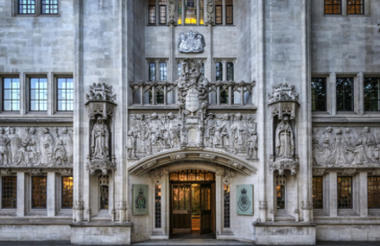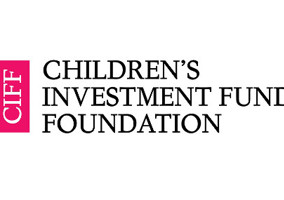This is the most important charity law case in many years. It has clarified many issues relating to members of charitable companies and their duties, as well as resolving frictions found in company law when it comes to charitable companies.
Prior to the Supreme Court’s decision there had been much legal commentary on this case, with focus on very technical trust law and company law points.
But the issue here is actually surprisingly simple. The Supreme Court has confirmed that the courts can control the members of charitable companies just as it can control their trustees. Charitable companies are different from other companies and their members do not have a special status standing outside the charity but are part of its administrative machinery.
The institution that is the charity – whatever its legal structure (e.g. company, trust fund, CIO) – is under the ultimate control of the court, and all parts of the charity – including its members – are part of that institution. These principles apply to all charities.
The Supreme Court has confirmed that members of charitable companies owe fiduciary duties to their charity’s charitable purposes albeit that the precise circumstances in which the member has fiduciary duties in relation to the charitable purposes and the content of those duties are to be worked out on a case by case basis, when the issue arises.
This means that it is not enough to find that a person owes fiduciary duties – one must ask to whom are those duties owed. The Supreme Court decided that they are owed to the charitable purposes of the company i.e. its objects e.g. the advancement of education or the advancement of environmental protection or improvement.
This is important because in this case, as the High Court found, it might seem counter-intuitive to find that it is in CIFF’s best interests to give a large sum of money away; but Big Win Philanthropy has similar purposes and so making the grant would be in advancement of CIFF’s charitable purposes (as well as resolving the governance issues at CIFF).
In this case the nature of the fiduciary duty meant that once the trustees had surrendered their discretion to the court and the court had determined what was in the best interest of the charity, whilst a member who did not like the court’s decision could appeal that decision he could not use his member voting rights to essentially veto it.
The facts of this case are unique and it is difficult to envisage the same thing happening again. However, the judgment does mean that members of charities, particularly well-funded ones, cannot use the court process how they see fit to gain their desired outcome. Like anyone else they ought to appeal a decision they do not like: they cannot instead seek to veto it and in that way undermine the role of the court in relation to charities.
The Supreme Court rejected the Court of Appeal’s ruling that the non-intervention principle prevented the High Court from intervening in this case because there had been no breach of duty actual or threatened. Instead, the Supreme Court found that once the High Court had decided what should be done in the charity’s best interests, the member, as a fiduciary, did not have a free vote.
A learning point here is that if trustees are concerned that members might not pass a resolution put forward by the trustees because, in the trustees’ view, the members are proposing to not act in the charity’s best interest, the trustees could surrender their discretion to the court and this judgment means that the members would not have the opportunity to vote down the resolution if the court approves the trustees’ proposal.
The judgment provides good guidance on the extent of the court’s inherent jurisdiction in relation to charities – which the Supreme Court found extends beyond its jurisdiction over private companies and private trusts and is not limited to its scheme-making powers.
It will be particularly helpful for trustees facing a difficult decision, who are considering asking the court to make the decision on their behalf. The judgment is also invaluable reading for anyone grappling with the operation of company law as it applies to charities.
Ultimately, this was the right decision in law and the right decision for charity.
Related articles











